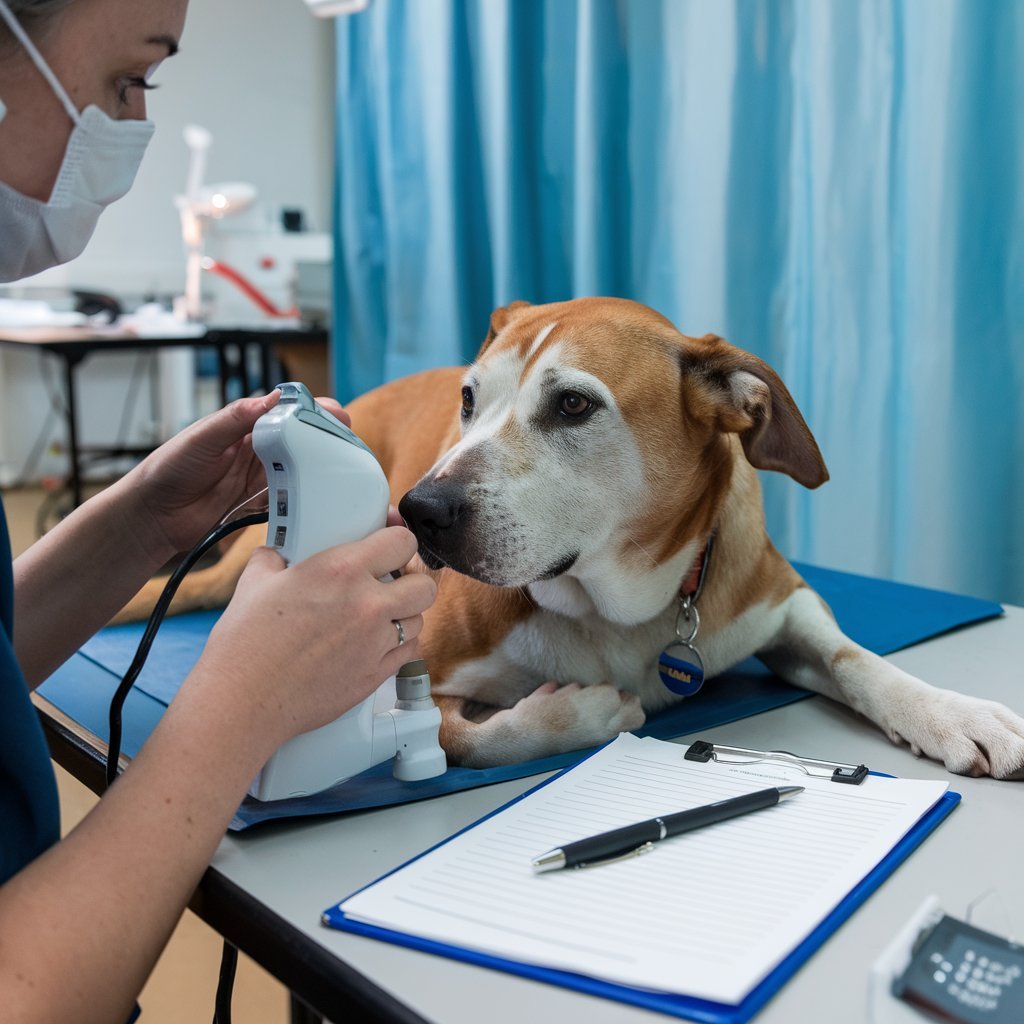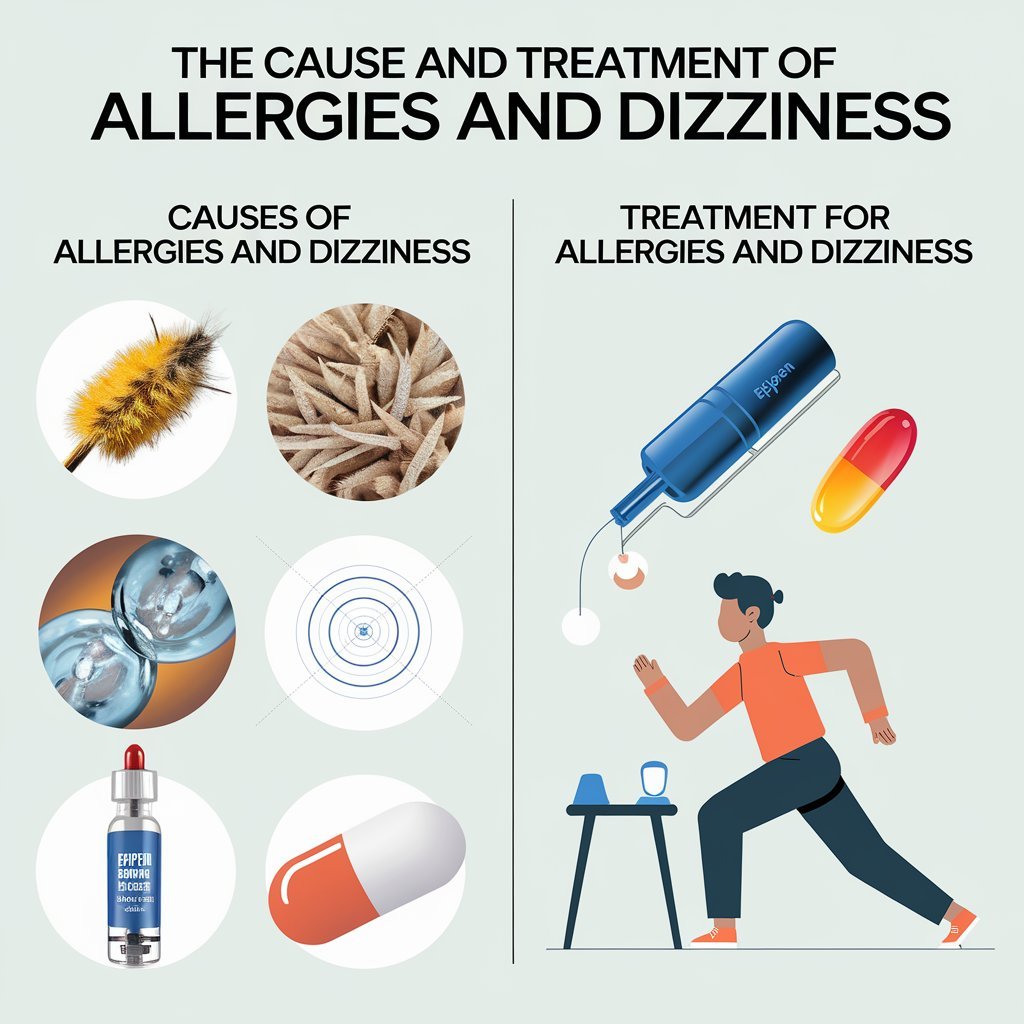You may not like the smell of your coworker’s hand cream or the perfume drifting across the aisle on the train. It could just be that you don’t like the smells. If the smells really bother you, you might be sensitive to smells, also called an irritant effect. This effect is a type of non-allergic rhinitis, meaning that while is is not a fragrance allergy, it may present as such and cause allergy-like symptoms.
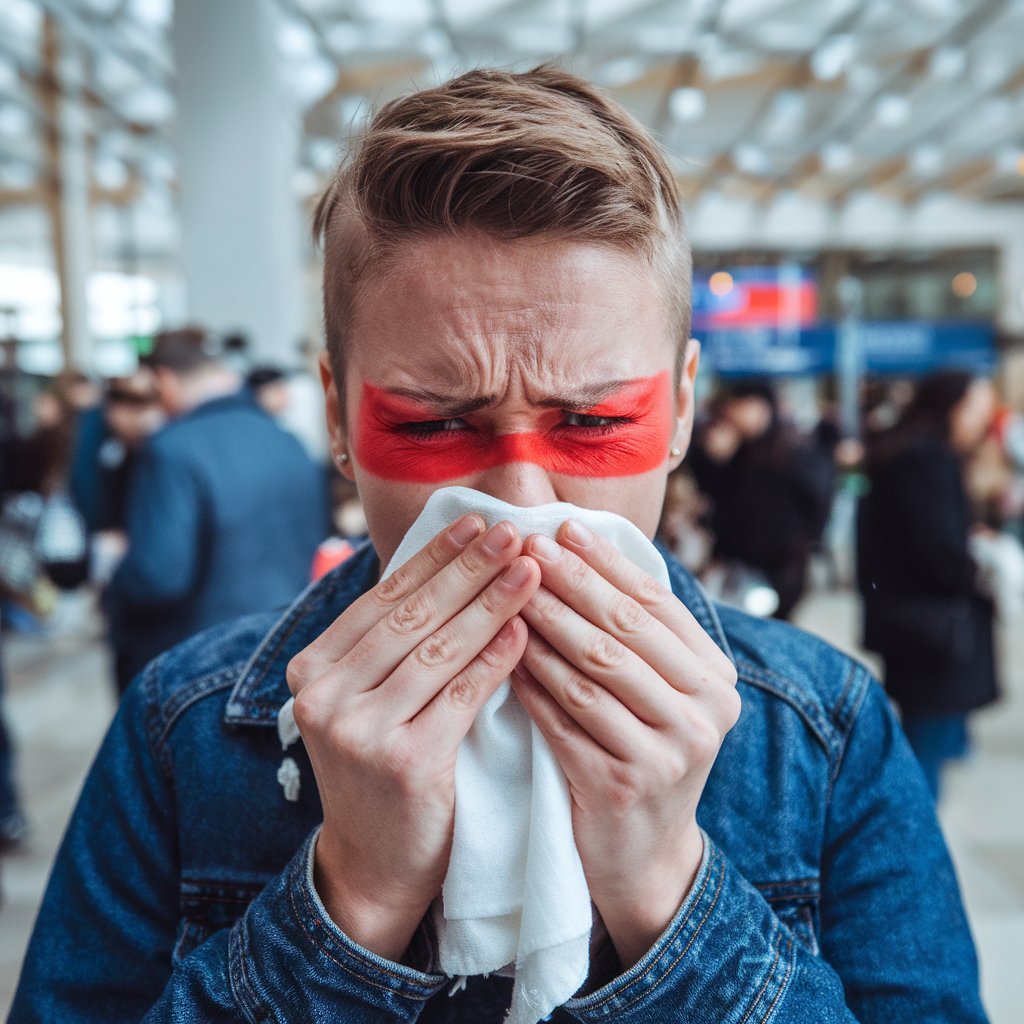
Fragrances can cause a host of symptoms, from headaches and nausea to shortness of breath. Read on to learn about these types of sensitivities, including how to avoid their effects when possible.
What the Research Says
There is not much solid data about fragrance sensitivity. Research has shown that sensitivity to fragrances is a common issue and can be quite severe.
Prevalence
A 2017 study solicited nearly 1,100 Australian adults-a sample representative of the country’s population in terms of age, gender, and state-to complete questionnaires. The authors asked about their exposure to fragranced products and any reactions these products may have triggered.
One-third of the study participants reported one or more health issues from scented products, whether they used the items or were exposed to them in public places. The products included things like.
- Air fresheners
- Cleaning solutions
- Laundry supplies
- Personal care products
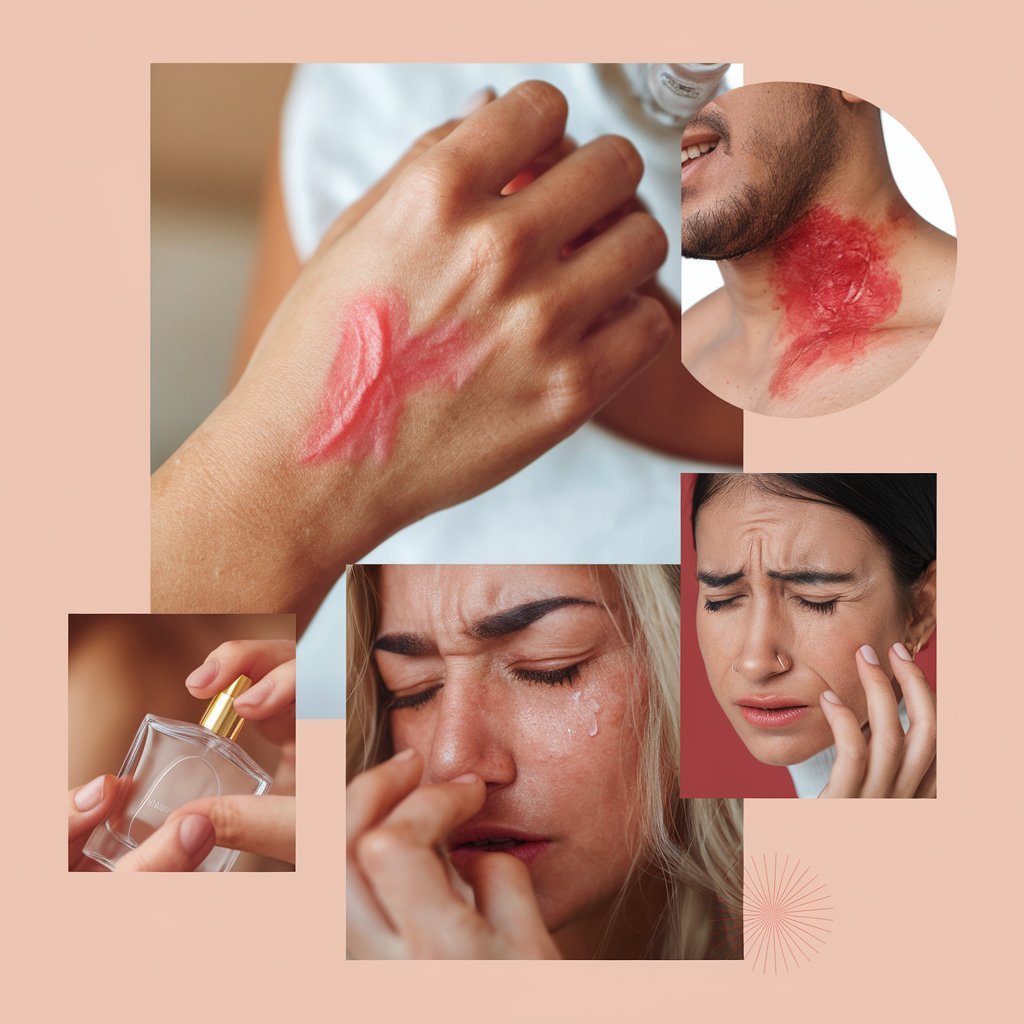
Other studies show that on average, 32.2% of adults suffer from health issues due to consumer products with fragrances. A study conducted in 2020 reported that almost 20% of the people, out of 1,102, were sensitive to smells.
Smell Sensitivity Reactions
Some of the most common reactions to fragrances include respiratory difficulties, such as coughing and shortness of breath. Other very common reactions to fragrances are as follows.
- Nasal
- Neurological
- Skin
In 2016, nearly 17% of 366 people who said they had allergies to fragrances experienced respiratory difficulties. In the 2020 study, 55.3% of 219 people who had a smell sensitivity also experienced respiratory issues.
Other symptoms described by the 366 participants of the 2016 study are as follows.
- Mucous membrane symptoms; congestion and watery eyes (14%)
- Headache, migraines (10%)
- Skin symptoms such as rashes, hives, prickly skin, and dermatitis (9.5%)
- Asthma attacks (7.6%)
- Neurological symptoms; dizziness or even fainting (4.5%)
- Cognitive symptoms; impaired memory and inattention (4.1%)
- Gastrointestinal symptoms (3.3%)
These symptoms can also occur with multiple chemical sensitivities (MCS), or idiopathic environmental intolerance (IEI). MCS is a health condition in which chemical and pollutant exposure results in some of the same adverse reactions from a smell sensitivity (e.g., headaches, dizziness).
Impact on Behavior
The effects of smell sensitivity can transcend bodily reactions. The health impact of fragrance sensitivities can be instantaneous, severe, and even debilitating. Some report missing work or losing a job because they became ill from the exposure to fragrances in the workplace. Health outcomes can be so significant that the condition is classified as a disability in some countries and is protected by laws.
Research has discovered that 51.5% of people who are sensitive to smells report not going to certain places if they know fragrances would make them sick. People also report that they would.
- Not use or are not able to use a public restroom due to scented products in the restroom
- Not to wash or are reluctant to wash their hands in public areas because the soap is perfumed or possibly perfumed.
- Prefer to spend fewer hours in an enterprise with air fresheners or fragranced products.
Fragrance Allergy Symptoms
Sensitivity to fragrances may cause allergy-like symptoms, often referred to as non-allergic rhinitis. These symptoms can include.
- Runny nose
- Sneezing
- Stuffy nose (congestion)
- Watery nasal discharge
Fragrances in soaps, lotions, face and eye makeup, perfumes, and colognes can also cause an overreaction of the immune system. The fragrance causes the immune system to produce chemicals that trigger allergy symptoms. The most common symptom is itchy, red rashes on the skin, known as contact dermatitis.
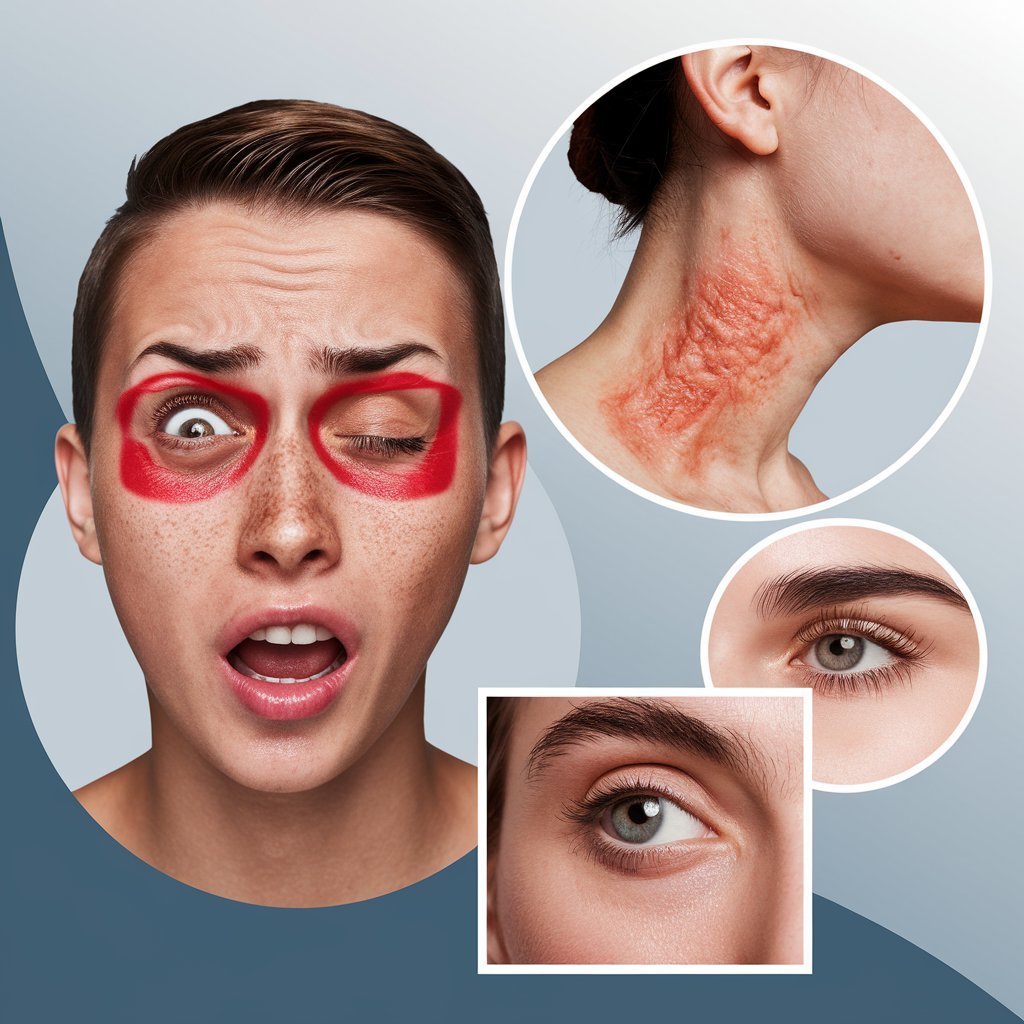
Consult a health care professional if you suspect that you have sensitivities to smells. Call for emergency medical care if you have any of the following symptoms of anaphylaxis or a severe allergic reaction:
- Chest pain
- Dizziness
- Nausea
- Rapid, weak pulse
- Shortness of breath
- Trouble swallowing
- Vomiting
Fragrance Allergies Remedies
There are a few simple things you can do to protect yourself from fragrances.
- Avoid fragranced cleaning products: Cleaning solutions like baking soda and vinegar are more smell-friendly than many pre-packaged products.
- Toss out air fresheners: Just open windows and ventilate the air instead.
- Talk for yourself: Do not be hesitant to inform coworkers a secondary scent coming from something else, like a candle or some odor-repelling spray is making you feel sick.
- Use fragrance-free body care products: The majority of the brands make soaps and shampoos free from fragrances. Look for the ingredients listing to know whether they add fragrances.
A Quick Review
Symptoms of fragrance allergy are at worst debilitating and, at best, annoying. Figuring out what products and fragrances cause a reaction will allow you to remove those products from your environment at home and elsewhere.
See a healthcare provider if symptoms keep you from working or performing your daily activities. They can help figure out the cause of your symptoms and provide the relief you need.


